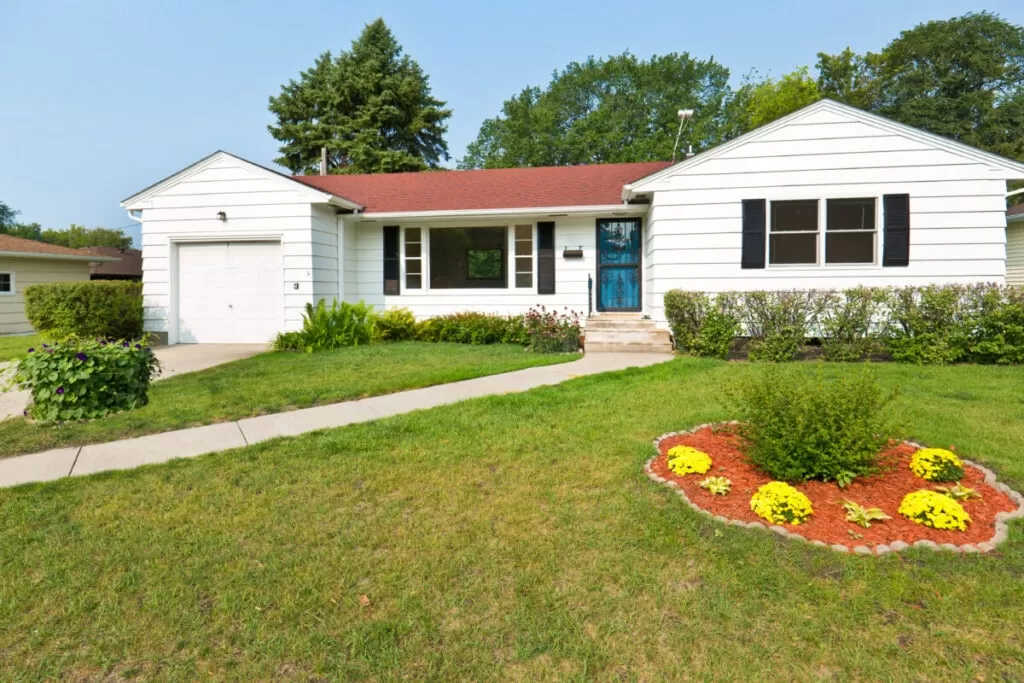Selling Your House While on Medicaid: What You Need to Know
Are you thinking about selling your house while on Medicaid? If so, you may be wondering how this decision will impact your eligibility for benefits. As a health insurance program for low-income individuals, Medicaid provides vital coverage for millions of Americans. This means that any changes to your assets or income can have a significant impact on your eligibility.
In this article, we’ll explore what happens to your Medicaid benefits when you sell your house, and discuss options to protect your coverage.
How Selling Your House Can Affect Your Medicaid Benefits
Medicaid eligibility is based on both income and assets. In order to qualify for coverage, your income and assets must fall below a certain threshold set by the state you live in. This is why selling your house can potentially impact your eligibility.
When you sell your house, it will count as income for the month in which the sale takes place. This means that if the sale brings your income above the Medicaid eligibility limit, you will no longer qualify for benefits. In addition, the money you receive from the sale will now count towards your assets. If your total assets exceed the limit, you will also lose your Medicaid coverage.
Let’s take a look at an example. Say you sell your house for $200,000 and your state’s Medicaid income limit is $2,000 per month. This means that the $200,000 will be counted as income for the month of the sale. Depending on your other sources of income, this may push you above the income limit and make you ineligible for Medicaid.
Alternatively, if you are able to stay below the income limit, the $200,000 will now be counted towards your assets. If your state’s asset limit is $10,000, you will now have excess assets and may lose your Medicaid coverage.
How to Protect Your Medicaid Coverage
Fortunately, there are options available to protect your Medicaid coverage when selling your house. One option is to use the proceeds from the sale to buy a new home. This will allow you to maintain your eligibility for Medicaid, as the money from the sale will be used for a exempt purpose.
According to Medicaid rules, the proceeds from a house sale can be exempt if it is used to purchase a new home within 90 days of the sale. This means that if you use all the money from the sale to buy a new home, it will not count towards your assets and will not affect your eligibility for Medicaid.
Another option is to put the proceeds from the sale into a special needs trust. This type of trust is specifically designed to hold assets for the benefit of individuals with disabilities or chronic health conditions. By putting the money into this trust, it will not count towards your assets for Medicaid eligibility purposes.
It’s important to note that setting up a special needs trust can be a complicated process and may require the assistance of an attorney. However, it can be a valuable tool in protecting your Medicaid coverage while still being able to use the sale proceeds for your benefit.
Final Thoughts
Selling your house while on Medicaid can be a tricky situation, as it can potentially affect your eligibility for benefits. However, by understanding the rules and regulations surrounding Medicaid, you can make an informed decision that will protect your coverage.
If you are considering selling your house while on Medicaid, be sure to consult with a financial advisor or an attorney who is familiar with Medicaid rules in your state. They can help guide you through the process and ensure that you choose the best option to protect your benefits.
Remember, your health and well-being should always be your top priority. By taking the necessary steps to protect your Medicaid coverage, you can sell your house with peace of mind and continue to receive the vital benefits that you need.

